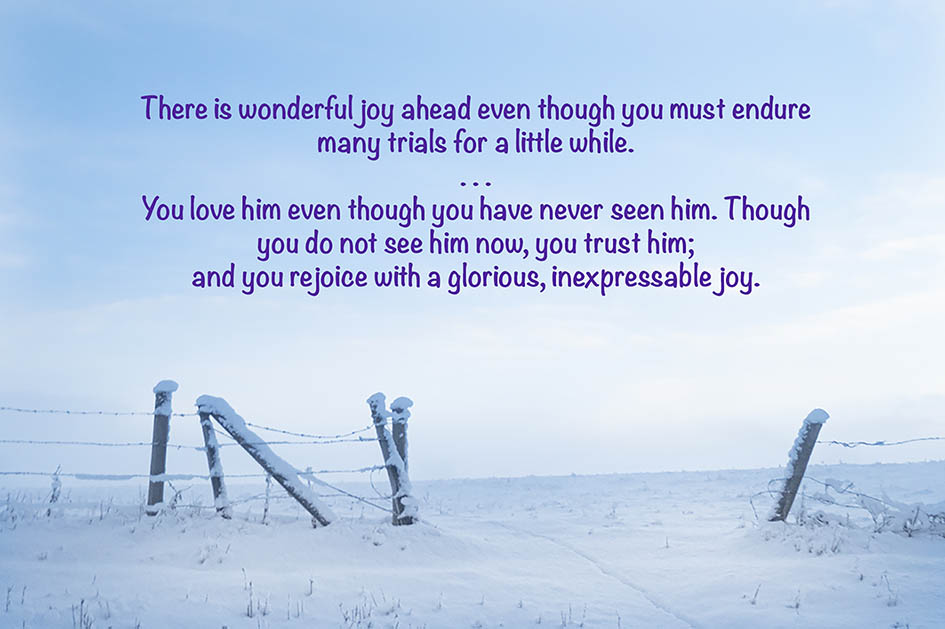
It’s winter here. So cold!! It’s been around 20 degrees below zero Fahrenheit for a week (right around -30 C). I took the fence picture on a really cold morning walk. And we have months of this ahead of us. During this cold dark time when we have had plans disrupted over and over, I have found it very easy to lose motivation. Especially if that motivation was aimed at completing a specific task or achieving a goal. Why even try anymore? What’s the use and what hope is there anyway?
I think perhaps the opposite of hope may be sloth, one of the “seven deadly sins”. Sloth isn’t primarily laziness. This deadly sin has been explained like this: “Persons became indifferent to their obligations to God. It leads to a lack of any feeling, a mind state of boredom, rancor, apathy and melancholy self-centeredness, mental and physical sluggishness.” (Wikipedia). One simply quits since nothing at all seems to matter.
So why was sloth thought of as a deadly sin? Maybe because it can be literally deadly. There is a spike of suicides in January each year. People look ahead and simply give up. No use even trying. It’s not hard to identify with that feeling. Deuteronomy 30:15 is rather bracing in this context, “Now listen! Today I am giving you a choice between life and death, between prosperity and disaster. For I command you this day to love the Lord your God and keep his commands, decrees, by walking in his ways. If you do this you will live and multiply, and the Lord your God will bless you” (NLT). Choosing life doesn't start with tasks, it starts with love.
When Jesus was asked which was the greatest commandment, he echoed this focus on love by quoting from Deuteronomy and Numbers. He said, “The most important commandment is this: ‘Listen oh Israel. Our God is the one and only Lord. You must love the Lord your God with all your heart all your soul, all your mind, and all your strength.’ The second is equally important, ‘Love your neighbor as yourself’” (Mark 12:29 NLT).
I find it incredibly comforting that this root command doesn’t have much to do with getting jobs done. In fact, it invites us to spend time in contemplative rest and focus on God, and to focus on those that happen to be next to us.
It’s even more encouraging when I remember that that this choice toward hope is not altered by winter,closed borders or isolation, or even by oncoming death and pain. Phil and I are wishing you a New Year that is full of the inexpressible and glorious joy described in I Peter 1: 6-9.